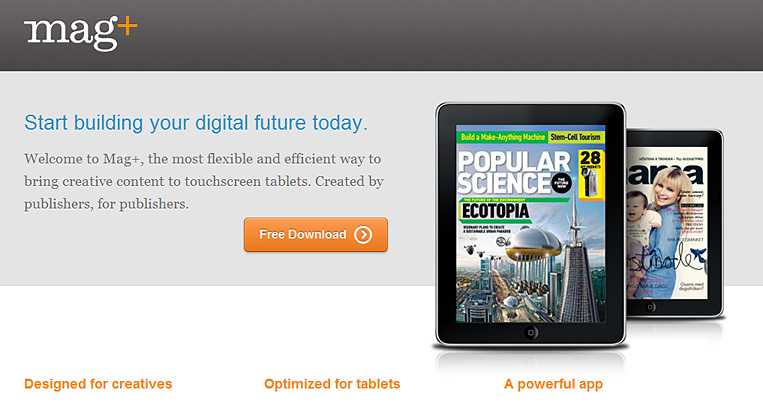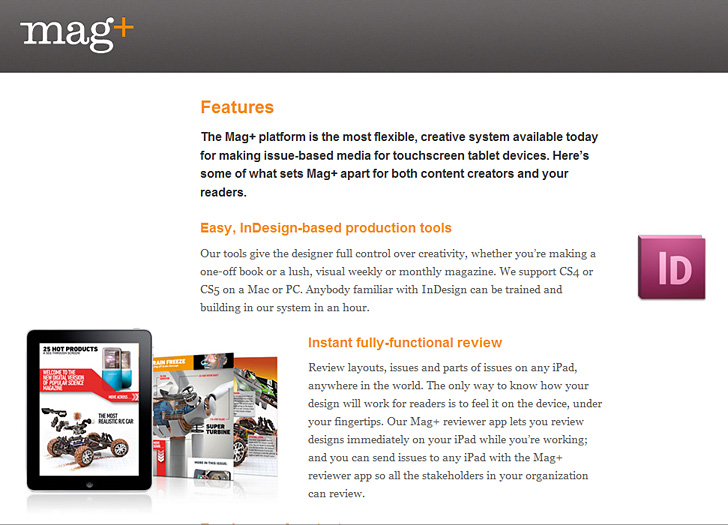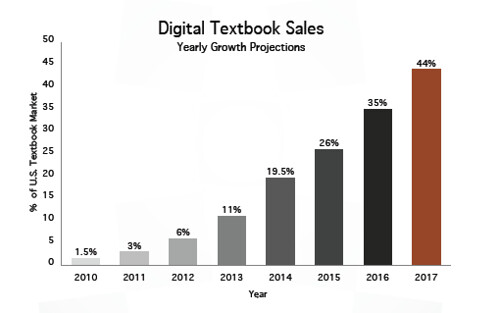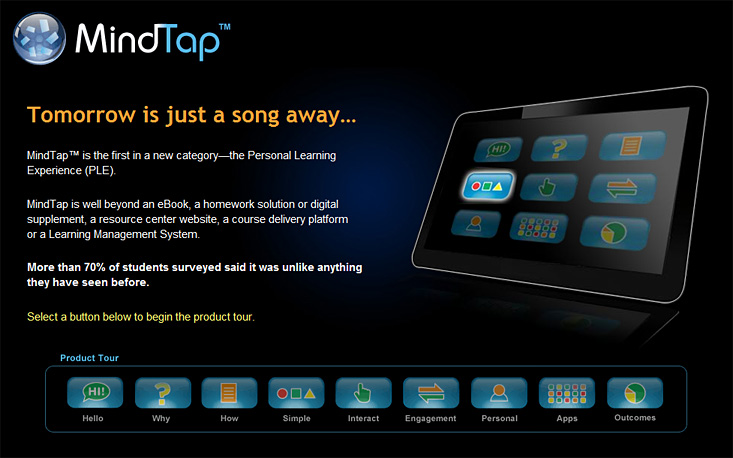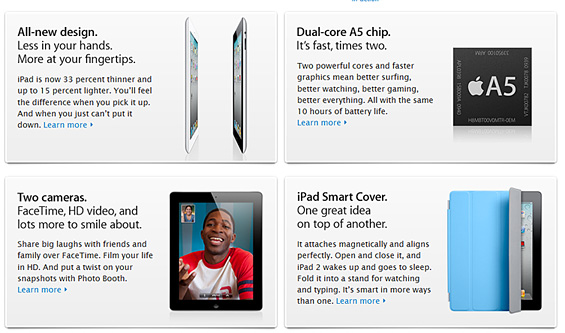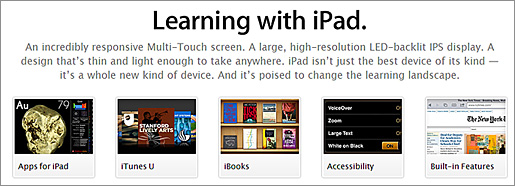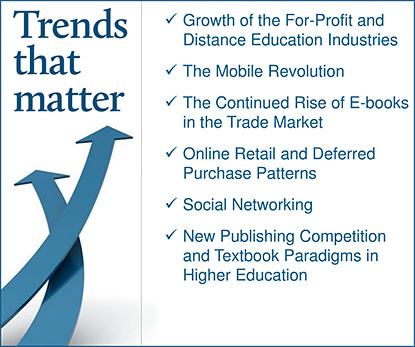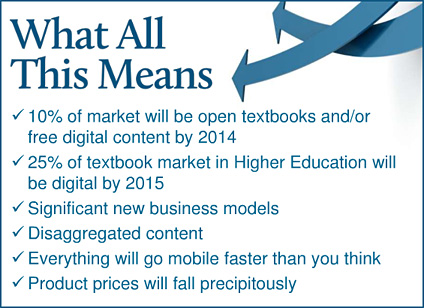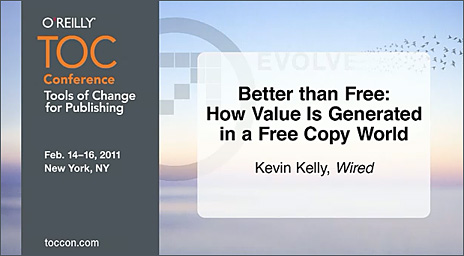
EDUCAUSE Review
Volume 46, Number 2 | March/April 2011
Getting a Handle on Mobile: Perspectives
Features
David Parry
“The future our students will inherit is one that will be mediated and stitched together by the mobile web, and I think that ethically, we are called on as teachers to teach them how to use these technologies effectively.”
David McCarthy
“The current optimal e-reading solution for higher education is a robust laptop home base with an ecosystem that interacts with tablets and e-readers for mobile consumption.”
Mary Ann Gawelek, Mary Spataro, and Phil Komarny
“With their students, faculty have become co-learners and pioneers in the classroom. With no models to work from, they had to explore, practice, and discover the iPad’s potential for expanding learning.”
Susan T. Evans
“Mobile is the future for content delivery. Colleges and universities need to establish a strategy now and make the decisions necessary to take advantage of this communication opportunity.”
Jim Davis and Rosemary A. Rocchio
“This device-agnostic framework and approach has huge practical advantages in that we can reach the vast majority of our mobile community regardless of what device they are using and we can readily accommodate ever-changing devices.”
“The best I can hope to do is keep an eye on the high level industry trends and directions, and then once we’ve identified those trends, ride them as best we can to where we think they’ll take the market.”










